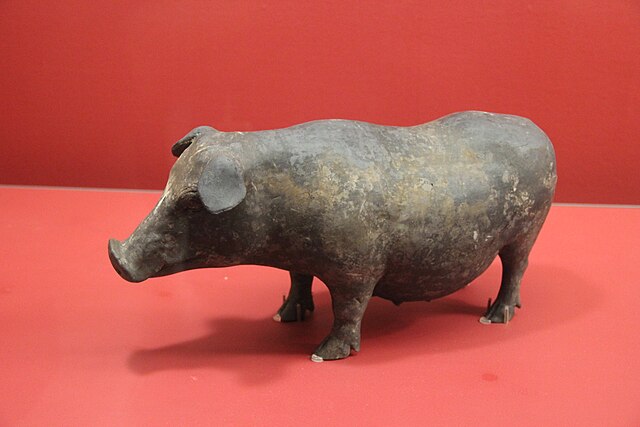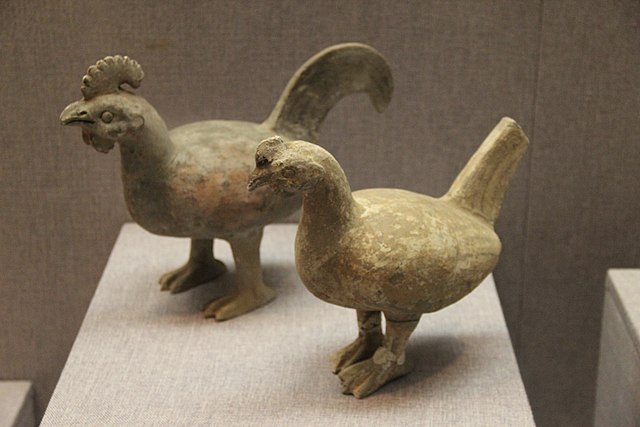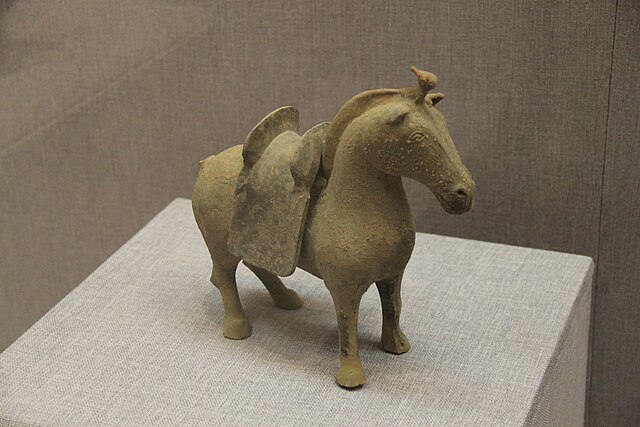
Thammasat University students interested in China, political science, history, and related subjects may find it useful to participate in a free 11 October Zoom webinar on The Left in China: A Political Cartography.
The event, on Monday, 11 October 2023 at 10pm Bangkok time, is presented by King’s College London, the United Kingdom.
The TU Library collection includes several books about different aspects of politics in China.
Students are invited to register at this link:
https://us02web.zoom.us/meeting/register/tZErf-irrDwuEtCGbQj5JyciZlVjkvGmzFHm#/registration
The event announcement states:
All over the world, the left debates the nature of the People’s Republic of China (PRC) and the Chinese Communist Party (CCP). While some still consider today’s People’s Republic to be socialist, others recognize the capitalist exploitation and the suppression of social struggles by the CCP government. Yet these debates tend to pay less attention to existing left-wing oppositional movements, which have existed since the foundation of the PRC. To be sure, at the heart of the revolutionary upheaval of the 1950s was the CCP’s attempt to build a socialist system. But this led to new class divisions and, as a result, waves of social protests by workers, migrants, and women, and to the emergence of a leftwing opposition. In his book, Ralf Ruckus traces this dialectic of social struggles and left-wing oppositional movements, a dialectic that shaped the history of the PRC in the socialist 1950s to 1970s, throughout the transitional 1980s and 1990s, and in the capitalist period since.
SPEAKERS
Author Ralf Ruckus will present his book, The Left in China: A Political Cartography, with Tim Pringle (SOAS) as discussant.
Dr. Ralf Ruckus has been studying the social, economic, and political situation in the People’s Republic of China for almost 20 years. […]
The TU Library collection includes a copy of the book by Dr. Ruckus.
The discussant will be Dr. Tim Pringle, who is a Reader in Development Studies at the School of Oriental and African Studies (SOAS ) University of London and editor of The China Quarterly. […]

Early this year, Dr. Ruckus stated in an online interview:
In China, the intellectuals of the New Left see the Cultural Revolution as an attempt for a second revolution in China against ‘capitalist roaders’ in the Party, while they do not give much importance to the social contradictions and the structural problems of Chinese socialism at that time. They count on a new leftist faction inside the CCP leadership that could give the Party a different turn and bring it back on a socialist course against the marketisation and capitalism the Party has promoted in the past decades.
Yet, the Party’s vanguard position, political change imposed ‘from above’, authoritarian forms of power, the patriarchal nature of the CCP, the concept of leadership in a bureaucratic organisation—all these remain largely unaddressed. These aspects—the unequal distribution of power, so to speak—were at the core of many social conflicts in China since the 1950s. And it is no coincidence that the most important social mobilisations after the Cultural Revolution—the movements in 1976, 1978, and 1989—all included discontented workers who demanded a more democratic form of socialism, workers’ control over the Party, and workers’ control in the work units […]
Again, the problem does not just exist in China. Left-wing or anti-capitalist critical theory and analysis is in crisis in many places around the world. The two main left-wing grand narratives of the twentieth century have failed to deliver on their promise to overcome capitalism or, at least, control its brutal effects: Marxism-Leninism, including its Maoist strand, stood behind so-called workers’ states that were in fact authoritarian states with a new, ‘socialist’ class system of exploitation; and social democracy has been complicit in the neoliberal restructuring of capitalism with its devastating effects on working classes. A third left-wing narrative supported by anti-authoritarian currents such as anarchism played a role in many movements, especially since the 1960s, but was not able to dominate them or produce considerable successes. In that sense, so far it has failed, too.
Several important new elements of theory and practice have been added to the left-wing canon, including feminism and anti-racism, which have inspired many struggles and gained traction in left-wing circles since the last quarter of the twentieth century. But despite the deepening economic, social, and environmental crises, and the many resulting social mobilisations since the start of this century around the world—such as the wave of ‘square occupations’ and general strikes around 2010—we have not seen a new revolutionary spirit and hope similar to those between the 1950s and the 1970s. Back then, such spirit and hope could be felt during anticolonial struggles, the 1968 student mobilisations, the rebel struggles during the Cultural Revolution, or the wildcat strikes of migrant mass workers in many regions.

In the late 2000s, in the aftermath of the so-called Global Financial Crisis, that situation seemed to change. Around the world, social movements, strikes, and other struggles were on the rise. In China, after the migrant worker strike at Honda in Guangdong in 2010, many expected the formation of a new migrant working class that would be able to play a significant role in challenging capitalist relations in the country and beyond. Wang Hui’s pieces seem to be written in the spirit of this time, as he hoped for a ‘re-politicisation’ of social struggles, and he thought this had to happen through intellectual activists stepping in to represent working-class interests—a Leninist model of intellectual leadership that in my view needs to be thrown on the trash heap of history, but that is another story.
Globally, the situation has changed in the past 10 years. Social movements have not yet developed the impetus for fundamental change for which we had hoped. In China, the end of double-digit economic growth, the restructuring and relocation of industries, and tougher repression of grassroots worker activists, labour NGOs, and feminists since 2015 have changed the game. Today, left-wing and feminist circles are on the defensive, many not daring to come out publicly or support social struggles in workplaces or on the street. These are dark times, indeed.
What can we do in a time of such muted social struggles and harsh repression? On the one hand, left-wing discussions are continuing in China, and this includes learning processes and exchanges on social struggles in China and beyond as well as on left-wing political analyses and theory. On the other hand, besides repression and censorship, other factors limit left-wing discussions in China—namely, the counterrevolutionary CCP narratives on leftism, socialism, or Marxism and the mystification and legacies of Cultural Revolution–type Maoism in oppositional left-wing circles. My book is meant as a contribution to a process of rethinking left-wing politics by critically analysing China’s history from a left-wing perspective, and it is meant as a challenge to these CCP narratives and mystifications […]
Consequently, I am not sure whether the ‘lack of theory and analysis’ is ‘the most acute challenge for the left in China’. I would rather ask what kind of theory and analysis is lacking and what it is supposed to be used for. If we agree that the power to overthrow capitalism and to create a society without exploitation and discrimination lies in the hands of the proletariat or certain parts of the working classes, then we should start analysing and theorising the revolutionary process with and from the perspectives of the proletariat or these parts of the working classes. This is the problem not just in China but elsewhere, too: many left-wing activists do not make any inquiries into the situation of proletarians or workers.

(All images courtesy of Wikimedia Commons)
